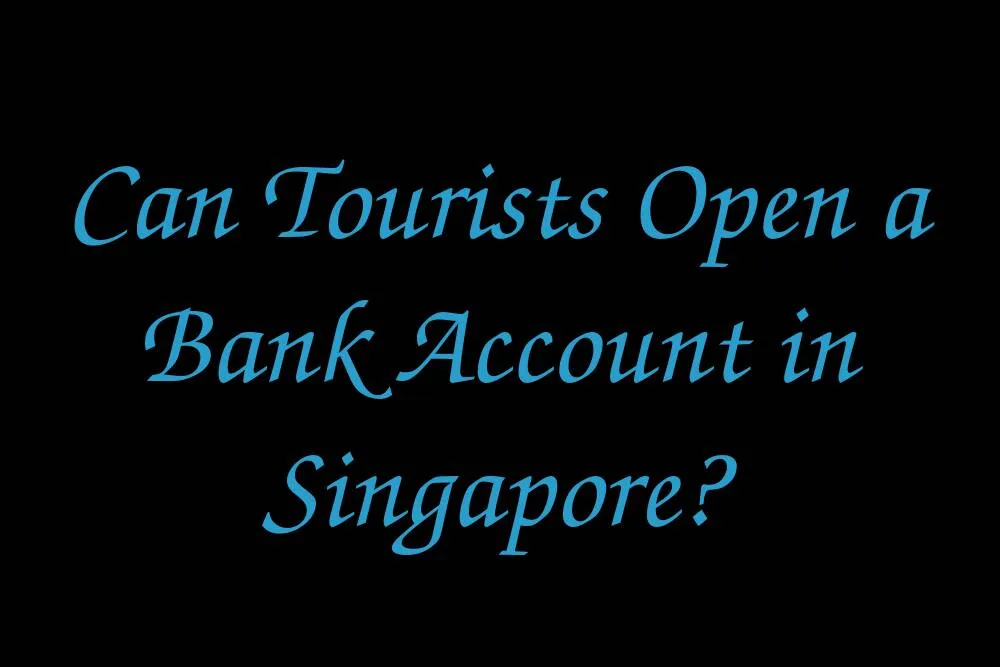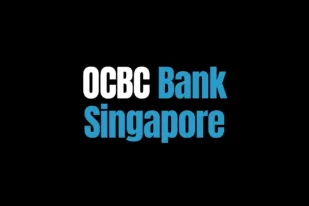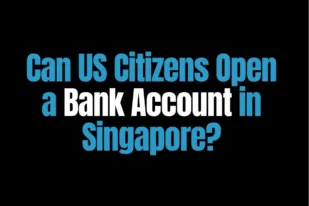Who’s Considered a “Tourist” Here?
In this context, a tourist is usually someone visiting on a Short-Term Visit Pass without a Singapore work, study, or long-term residence pass. You won’t have a FIN (foreign identification number) or Singpass by default. That’s fine—some banks still accept applications from non-residents using a passport and overseas proof of address.
Typical Requirements
Exact requirements vary by bank and by your circumstances, but you should expect to provide:
- Valid passport (biodata page).
- Proof of residential address (often within the last 3 months). Many banks accept an overseas address such as a utility bill or bank statement in your name. Some also accept letters from regulated insurers or government bodies in FATF member countries.
- Tax residency self-certification (CRS/FATCA). You’ll confirm where you’re tax-resident and may need to provide your TIN (tax ID).
- Local contact details. A Singapore mobile number helps with SMS one-time passwords and notifications, though policies vary.
- Initial deposit / minimum balance, depending on account type.
Examples and official guidance: DBS’ document list (including acceptance of overseas addresses), OCBC’s guide for foreigners, and standard CRS self-certification requirements are linked in the Sources below.
Which Banks Say They Can Help Tourists/Non-Residents?
- DBS/POSB: Publishes a detailed checklist for foreigners and notes that an overseas residential address can be used if you don’t yet have a Singapore address (you’ll update it later if it changes). Online flows exist with and without Singpass.
See: “Documents Required for Account Opening” and “New to Singapore (Foreigners)” pages. - OCBC: Provides a step-by-step guide for foreigners and advertises remote account opening via the OCBC Digital app using a biometric e-passport for select nationalities (e.g., Hong Kong, Malaysia, Indonesia, Mainland China). Eligibility is clearly described on their official article page.
- Standard Chartered Singapore: States that foreigners can apply and provides an international banking option to link accounts across countries.
- Maybank Singapore: Offers online opening guidance for foreigners (FIN-holders via Singpass), and a cross-border pathway for existing Maybank Malaysia customers to open a Singapore SGD account remotely.
- HSBC: If you mainly want Singapore banking access without local residency, HSBC’s International/Expat options let you open accounts from abroad and then manage SGD alongside other currencies.
Practical Steps That Work Well
- Choose your route: local bank branch, the bank’s app (if they support non-resident onboarding), or an international/expat arm.
- Prepare documents: passport, recent proof of overseas address (utility bill or bank statement), and any secondary ID. Have your tax residency details ready.
- Get a Singapore SIM (optional but helpful): many banks use SMS OTP to activate digital banking.
- Apply: submit online or visit a branch for face-to-face verification. Bring the originals.
- Activate & update: once approved, activate digital banking and update your contact/address if your travel plans change.
What Kind of Account Can You Expect?
Most tourists aim for a basic savings/current account for everyday payments and ATM access. Some banks also offer multi-currency or foreign-currency current accounts if you want to hold USD, EUR, etc. Eligibility, minimum balances, and “fall-below” fees differ by bank and product.
Example: some mainstream savings accounts set higher initial deposits for foreigners; specific figures are published on bank product pages.
Deposit Insurance (Good to Know)
Singapore-dollar deposits with licensed scheme member banks are protected by the Singapore Deposit Insurance Corporation (SDIC) for up to S$100,000 per depositor, per member bank. Foreign-currency deposits and certain investment products are not insured. Check your bank’s SDIC notice or SDIC’s site for details and membership lists.
Helpful Tips to Improve Approval Odds
- Bring clear, recent address proof in your name (PDF/print). If your home country uses e-bills, download the latest statement.
- Be ready to explain your purpose (e.g., frequent visits, family support, managing SGD expenses).
- If one bank declines, try another with published non-resident options, or consider an international/expat account first and link it to local banking later.
Common Questions
Do I need a work or student pass?
Not always. Some banks accept non-resident tourists with the right documents. Others prefer long-term passholders using Singpass. Policies differ, so always check the bank’s official page for your situation.
Can I open an account before I arrive?
In select cases, yes. For example, OCBC describes remote opening via e-passport for certain nationalities. Other banks may require you to be physically in Singapore for verification.
Will I be asked about tax residency?
Yes. Banks in Singapore must collect CRS/FATCA self-certifications from individuals opening accounts.
Bottom Line
Tourists can open a bank account in Singapore in specific scenarios—especially where banks support non-resident onboarding or international banking. Requirements are document-heavy but straightforward once you know what to prepare. If you’re staying short-term, it’s smart to compare banks’ official guidance and choose the path that matches your passport, address proof, and travel plans.
Sources (Official Pages)
- DBS — Documents Required for Account Opening (foreigners & overseas address notes)
- DBS — New to Singapore (Foreigners) onboarding overview
- OCBC — Banking in Singapore for foreigners (remote opening via biometric e-passport)
- Standard Chartered Singapore — Compare & open a bank account (includes foreigners) | International Banking (linking cross-border accounts)
- Maybank Singapore — Online account opening (foreigners) | Cross-border SGD account (for Maybank Malaysia customers)
- HSBC Singapore — Open an international account online | HSBC Expat — Non-resident bank accounts
- IRAS — CRS: Basic information for account holders
- MAS Notice 626 — AML/CFT requirements for banks (customer due diligence)
- SDIC — Deposit Insurance Scheme FAQs (S$100,000 coverage details) | SDIC — List of scheme member banks





